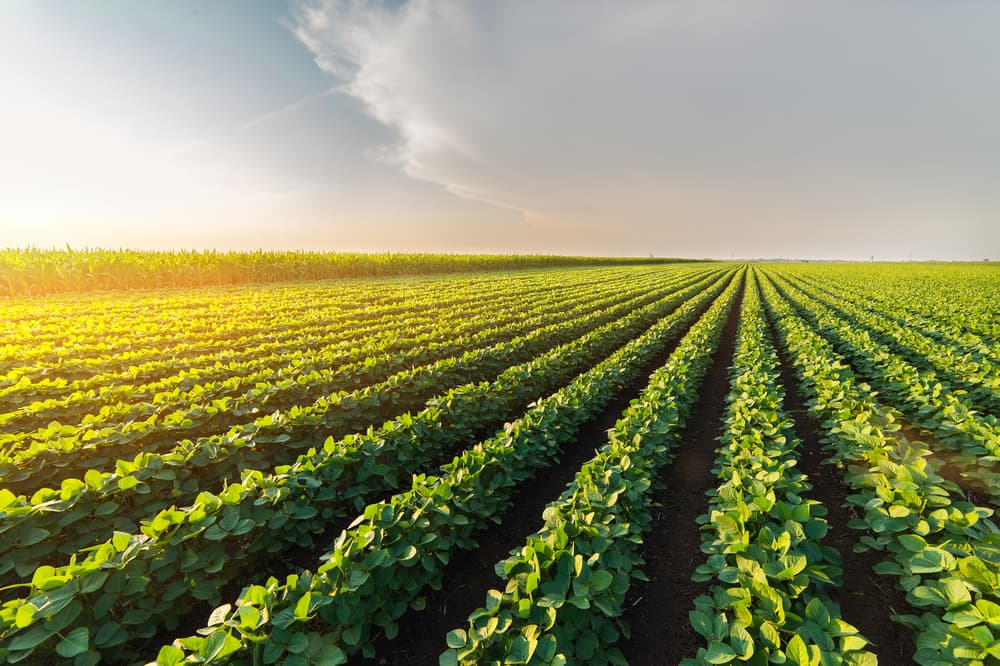Overview
- EF Polymer, founded in 2018 and based in Udaipur, India, is an agriculture startup led by a team with firsthand knowledge of the industry's challenges due to their rural and farming backgrounds
- Developed "Fasal Amrit," a unique, organic, and biodegradable solution derived from high-nutrient fruit peel waste that addresses farmers' challenges while contributing to environmental well-being
- Since its introduction, EF Polymer has reached over 12,000+ farmers, positively impacting their farming practices by saving water by 30-40% and increasing crop yields by up to 1.5 times
- Tested and proven in over 10 countries, including Japan, America, and England, demonstrating its effectiveness and versatility in bringing positive changes to farming communities worldwide
- By using Fasal Amrit on each hectare of farmland, over 1 million liters of water can be saved, significantly contributing to water conservation efforts and mitigating the adverse effects of water scarcity on crop yields in India's vast agricultural lands, which exceed 150 million hectares
- Headquarters: Okinawa, Japan at the Okinawa Institute of Science and Technology (OIST), receiving financial and technical support from the institution
- Regional Office: India
Features
- 100% organic and biodegradable SAP, made from crop residues, ensuring biodegradability within a year without polluting the soil
- Eco-conscious manufacturing process that minimizes environmental impact, consuming less energy and significantly reducing CO2 emissions compared to industry standards
- High water retention capacity, with a retention capacity of approximately 50 times its weight in agriculture, tailored to the needs of crops and soil moisture management
- Cost-effective at scale, utilizing innovative methods such as collecting bio-waste materials and incorporating them into the production of the organic polymer
- Optimized for agriculture with suitable water absorption and repeated water absorption and release for 6 months
Solvable Problems
- Addresses water scarcity and drought issues faced by farmers worldwide
- Reduces the need for chemical fertilizers, contributing to more sustainable food production
- Increases crop yields and production, supporting global food security
- Provides a sustainable alternative to conventional SAPs, which are often made from petroleum-based products and have a higher environmental impact
Use Cases
- Applicable in agriculture to grow crops in water-scarce regions
- Potential for use in other environmentally friendly products, such as ice packs, diapers, and sanitary napkins
Source



.png&w=3840&q=75)

